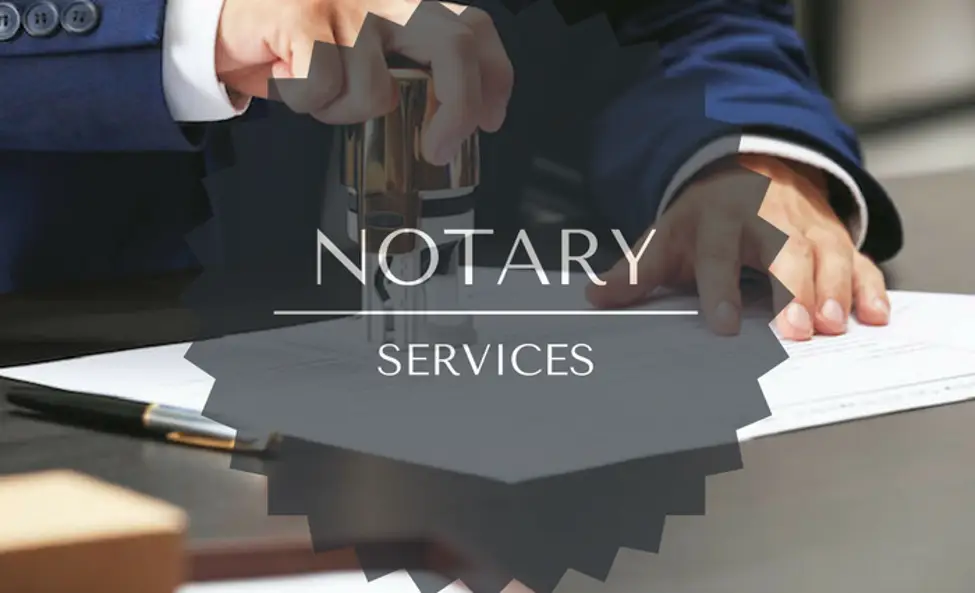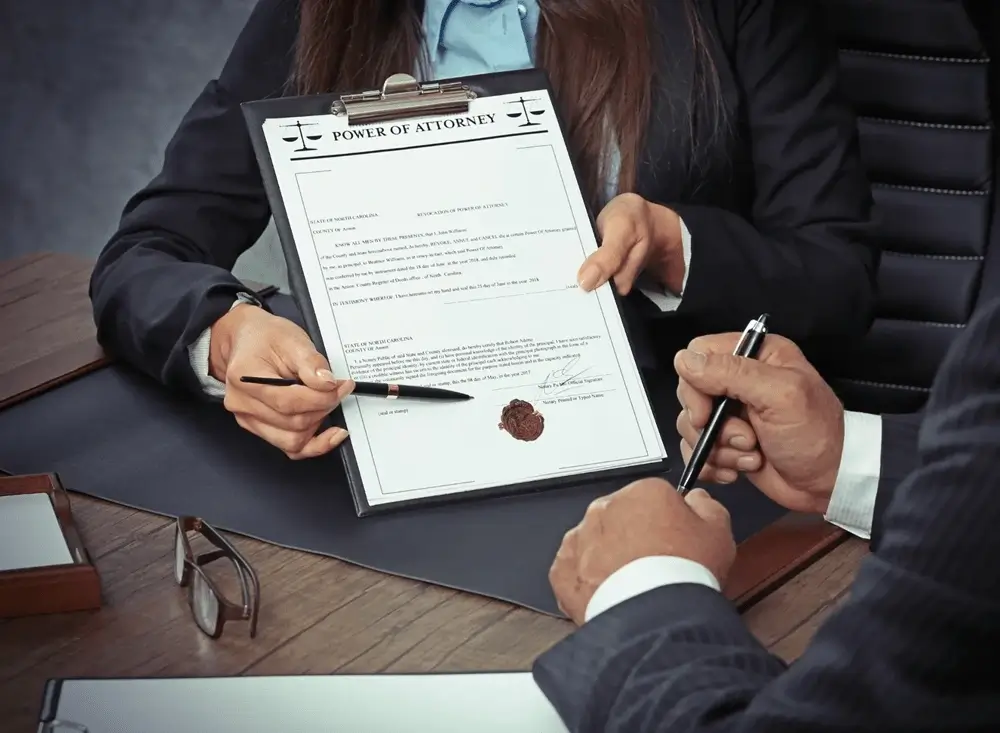Subtotal $0.00
A Notary Public is a legally authorized individual who acts as an impartial witness to the signing of important documents and performs various legal functions to prevent fraud. Notaries are responsible for verifying the identity of signatories, ensuring that they understand the documents they are signing, and confirming that they are signing willingly and without coercion. Their services are crucial for various legal and business transactions.
A Notary Public provides essential services that ensure the authenticity and legality of important documents. Here are some reasons why you might need a Notary Public:

Notaries witness the signing of a variety of documents, including:
Notaries certify that copies of original documents are true and accurate. This is often required for official documents submitted to institutions such as banks, government agencies, or educational institutions.
Notaries administer oaths and affirmations for various purposes, including legal proceedings, affidavits, and sworn statements. This process involves the notary confirming that the individual is swearing or affirming truthfulness under penalty of perjury.
Notaries verify the identity of individuals involved in legal transactions. This is critical in preventing identity theft and ensuring that documents are signed by the correct individuals.
The first step in the notarization process is reviewing the document to ensure it is complete and ready for notarization. The notary will check for missing information and confirm that all required fields are filled out.
The notary will ask for identification from all parties involved. Acceptable forms of identification typically include government-issued IDs such as a driver’s license, passport, or other photo ID.
The notary will witness the signing of the document and ensure that the signatories are doing so willingly and with full understanding of the document’s contents.
After witnessing the signing, the notary will apply their official seal or stamp to the document, which includes their signature, the date of notarization, and other relevant information.
The notary will keep a record of the notarization in their logbook, which includes details about the document, the parties involved, and the nature of the notarization. This helps maintain a record for future reference.

In real estate transactions, notarization is often required for deeds, mortgages, and other property-related documents to ensure their legal validity and acceptance.
For business contracts and agreements, notarization helps establish the authenticity of signatures and the commitment of all parties involved.
Affidavits and sworn statements used in legal proceedings need to be notarized to confirm their validity and the credibility of the statements made.
When selecting a Notary Public, consider the following factors:
Notary fees can vary depending on the type of document and the complexity of the notarization. In Canada, notary fees are often regulated by provincial laws, so it’s a good idea to check the specific fees in your area.
It’s often recommended to make an appointment with a Notary Public to ensure that they are available to assist you. Some notaries offer walk-in services, but scheduling an appointment can help avoid any delays.
No, a Notary Public is not authorized to provide legal advice or interpret the contents of documents. Their role is to witness and certify signatures and verify the authenticity of documents.
Bring a valid government-issued ID, the document(s) you need to be notarized, and any additional documentation required to complete the process. Ensure that the documents are complete and ready for signing.
A Notary Public can notarize documents in other languages, but it’s essential to provide a certified translation if the document is not in English or French. The notary will need to verify the content accurately.